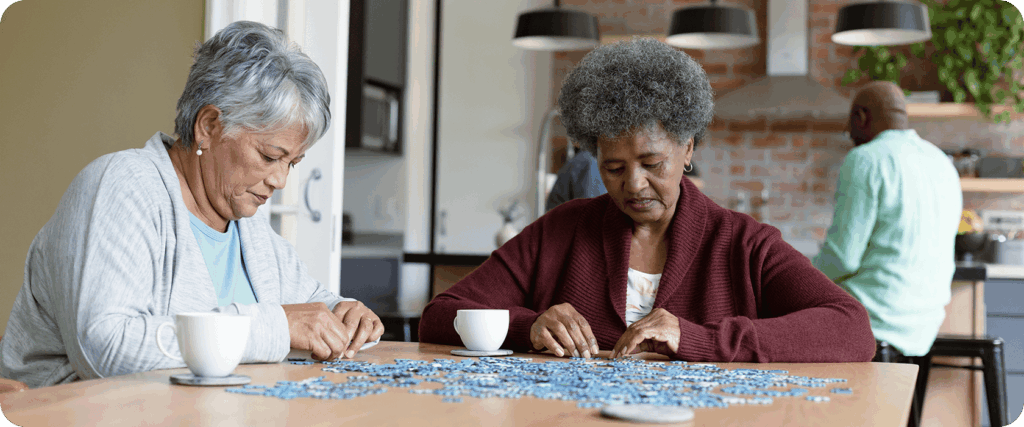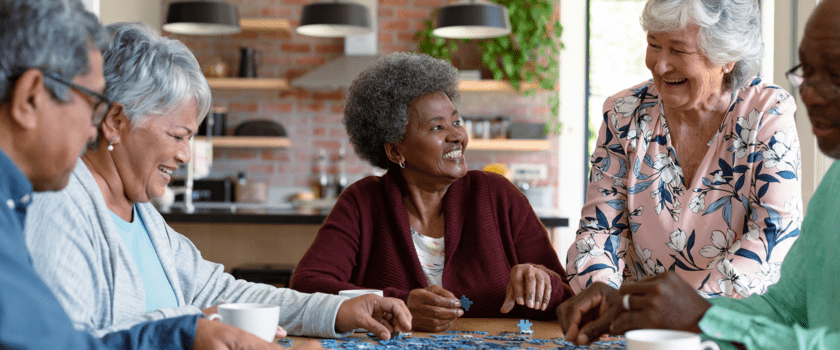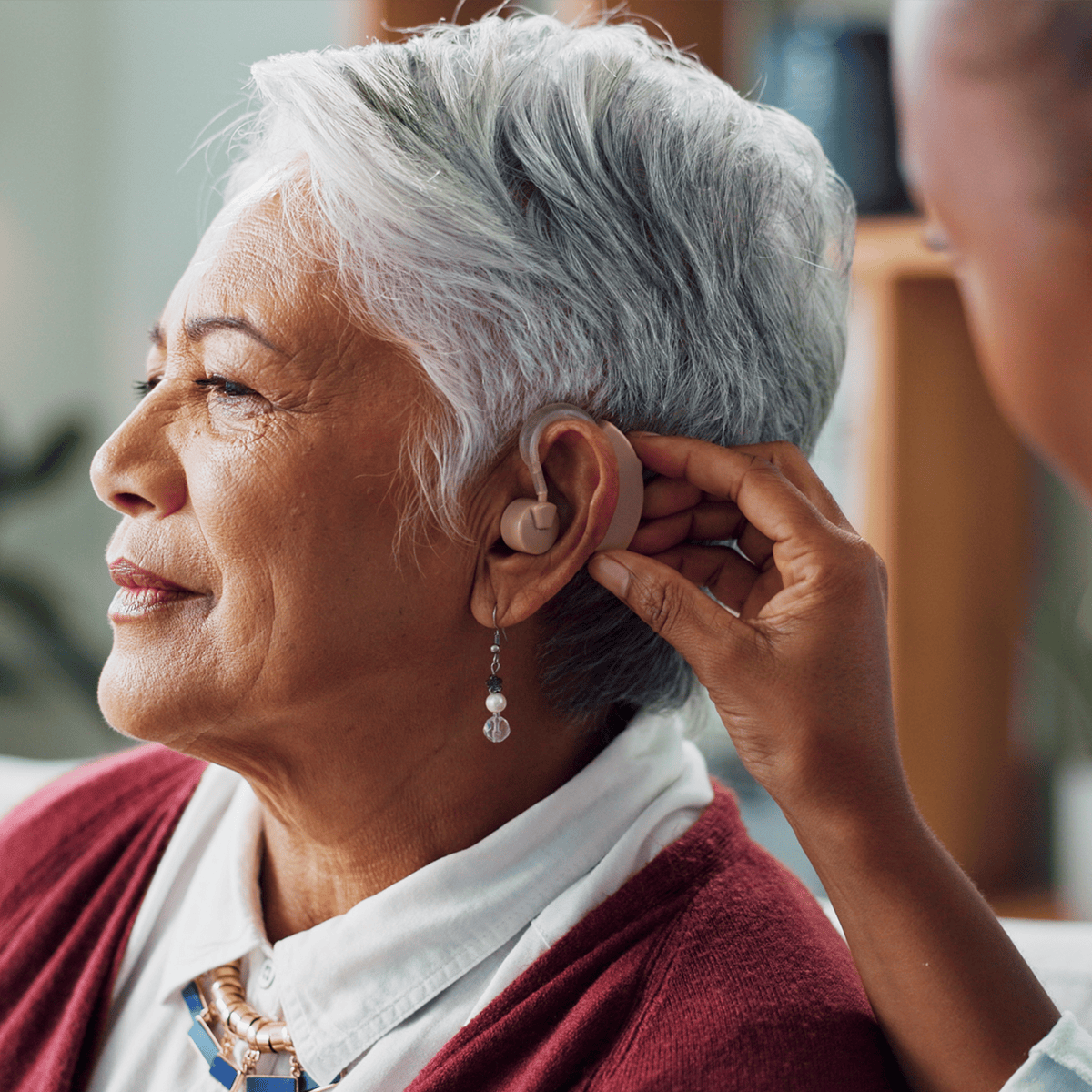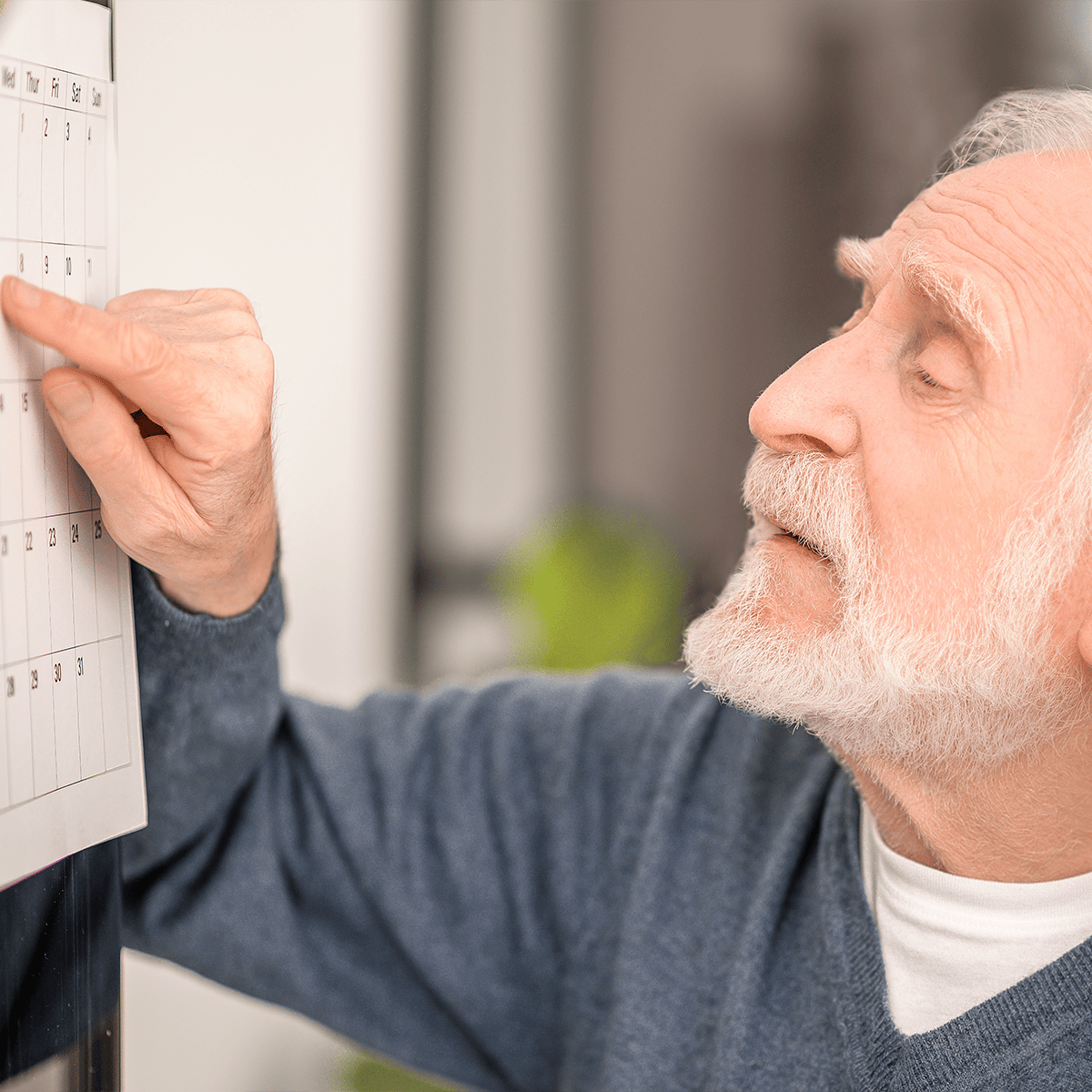How to Help Prevent Memory Loss: A Senior’s Guide to Brain Health

Key Takeaways
- Memory changes can come with age.
- Medications, health conditions, stress, and lifestyle factors can contribute to memory problems.
- Regular exercise, a healthy diet, and engaging in brain games can help protect memory.
- Creating daily routines and memory aids helps seniors stay independent longer.
- Paying attention to common memory loss symptoms can help slow the development of memory problems.
Experiencing memory loss symptoms can be typical, especially for aging seniors. If you’re a caregiver, it’s essential to recognize the symptoms to watch for and know how to help prevent typical memory issues from developing into something more serious.
Is Memory Loss a Normal Part of Aging?
Forgetting where you put your keys or taking a little longer to learn new things is a normal part of the aging process. When memory problems make it hard to do everyday tasks or recognize loved ones, this becomes a larger problem that is more than simply typical signs of aging.
As a caregiver, it’s important to know the difference between normal forgetfulness and memory loss that may need attention. Normal aging might mean forgetting names now and then but remembering them later. Memory loss that should be a concern could include forgetting recent conversations or key events completely.
What Causes Memory Loss and Forgetfulness in Seniors?

Many factors can cause memory loss and forgetfulness in older adults, including:
- Thyroid problems
- Vitamin deficiencies
- Mental health concerns
- Dementia
- Certain medications
- Lifestyle factors, including poor sleep, high stress, and not enough physical activity
- Hearing or vision problems
Key Memory Loss Symptoms to Watch For
Paying close attention to your loved one can help prevent serious memory issues by recognizing early warning signs. Watch for repetitive behaviors like asking the same questions repeatedly or getting lost in familiar places. You may also notice they have trouble following familiar recipes or directions, or they forget how to complete tasks they’ve done many times before.
Communication changes are another important indicator. Your loved one might mix up words frequently, such as calling a watch a “hand clock,” or they may put items in unusual places, like storing keys in the refrigerator. Additionally, you might observe noticeable shifts in their personality or poor decision-making when it comes to money or personal safety.
Documentation is crucial for helping healthcare providers understand the situation. Keep a detailed record using a notebook or phone app whenever you notice these memory-related signs. This information will be valuable for your loved one’s doctors as they work to understand what’s happening and determine the best course of action.
How to Prevent Memory Loss in Old Age: Proven Strategies

While we can’t stop all changes that come with aging, there are many ways to keep the brain healthy and help prevent some memory loss. Prevention works best when started early, but it’s never too late to help the brain stay sharp.
Physical Health Strategies
Exercise is one of the best ways to help prevent memory loss. Even light physical activity like walking can help. Encourage your loved one to move for 20-30 minutes each day.
A good night’s sleep is also crucial for memory. Help your loved one create a regular sleep schedule by keeping their bedroom dark and quiet. They should also avoid caffeine and screens before bed. If they are having trouble sleeping or are snoring heavily, schedule an appointment with a sleep doctor to check for sleep apnea.
Managing health conditions such as high blood pressure, diabetes, and high cholesterol also helps protect the brain. Make sure medications are taken correctly and doctor visits are scheduled regularly to address any health concerns.
Mental Stimulation Techniques

The saying “use it or lose it” is true for brain health. Mental exercise helps keep memory sharp. You can help your loved one stay mentally sharp by introducing activities like
- Word puzzles and crosswords
- Card games and board games
- Learning new skills like painting or playing music
- Reading books
Social activities are another important way to exercise multiple parts of the brain. Maintain a schedule of visits from family and friends, or help them find volunteer opportunities or social clubs to join. You can also help them stay connected with long-distance loved ones by looking into a ClearCaptions Phone, which comes at no cost to eligible individuals.
Nutritional Approaches
What we eat has a significant impact on our brain health. Focus on diets with these foods:
- Colorful fruits and vegetables
- Whole grains
- Fish and healthy fats like olive oil
- Nuts and seeds
- Foods rich in omega-3 fatty acids, B vitamins, vitamin E, and antioxidants
Remember to encourage those you care for to stay hydrated. Even mild dehydration can impact thinking and memory. Many seniors do not feel as thirsty, so it’s important to drink water regularly throughout the day.
Lifestyle Modifications

Stress can significantly impact memory function and cognitive health, making it essential to help your loved one develop effective stress management strategies. When stress levels remain high, the body produces hormones that can interfere with memory formation and recall, creating a cycle where memory concerns lead to more stress.
Encourage your loved one to explore gentle physical activities that promote both relaxation and mental clarity. Gentle yoga or tai chi combines slow, deliberate movements with mindful breathing, helping to reduce tension while improving balance and coordination. Deep breathing exercises offer another accessible option that can be done anywhere, providing immediate relief during stressful moments through simple techniques like counting breaths or focusing on slow inhalation and exhalation.
Nature has proven therapeutic benefits for reducing stress and improving mental well-being. Regular outdoor activities like walking in a park, gardening, or simply sitting outside can help reset the mind and provide calming breaks from daily worries. Additionally, meditation or prayer can offer profound stress relief while providing a sense of purpose and connection, whether through guided meditation apps, quiet reflection, or meaningful religious practices.
Creating a Memory-Friendly Daily Routine

A consistent routine of maintaining regular times for meals, medications, exercise, and sleep can also help. Consider these common memory aids to help build a daily routine:
- Written calendars and to-do lists
- Pill organizers for medications
- Setting alarms as reminders
- Labels on cabinets or drawers
Remember that caring for someone with memory concerns can be a challenging task. Take care of yourself, too, and don’t hesitate to ask for help when you need it.
Frequently Asked Questions
What are the first signs of memory loss in seniors?
Early signs often include forgetting recent events while recalling things from long ago, repeating stories or questions, and frequently misplacing items. Changes in mood or personality can also be early indicators.
Can memory loss in old age be prevented completely?
Some memory changes happen with normal aging and can’t be completely prevented. However, many serious memory problems can be avoided or delayed with healthy lifestyle choices.
What causes sudden memory loss in elderly people?
Sudden memory problems require immediate medical attention, as they may indicate more serious conditions like:
- Stroke or mini-stroke
- Medication reactions
- Infections (especially urinary tract infections)
- Head injury from a fall
- Severe vitamin deficiency
At what age should I start worrying about memory loss?
There’s no specific age when memory concerns should begin. What matters most is noticing changes in a person’s usual abilities. Memory protection habits should start early in life, but it’s never too late to make positive lifestyle changes.
References




